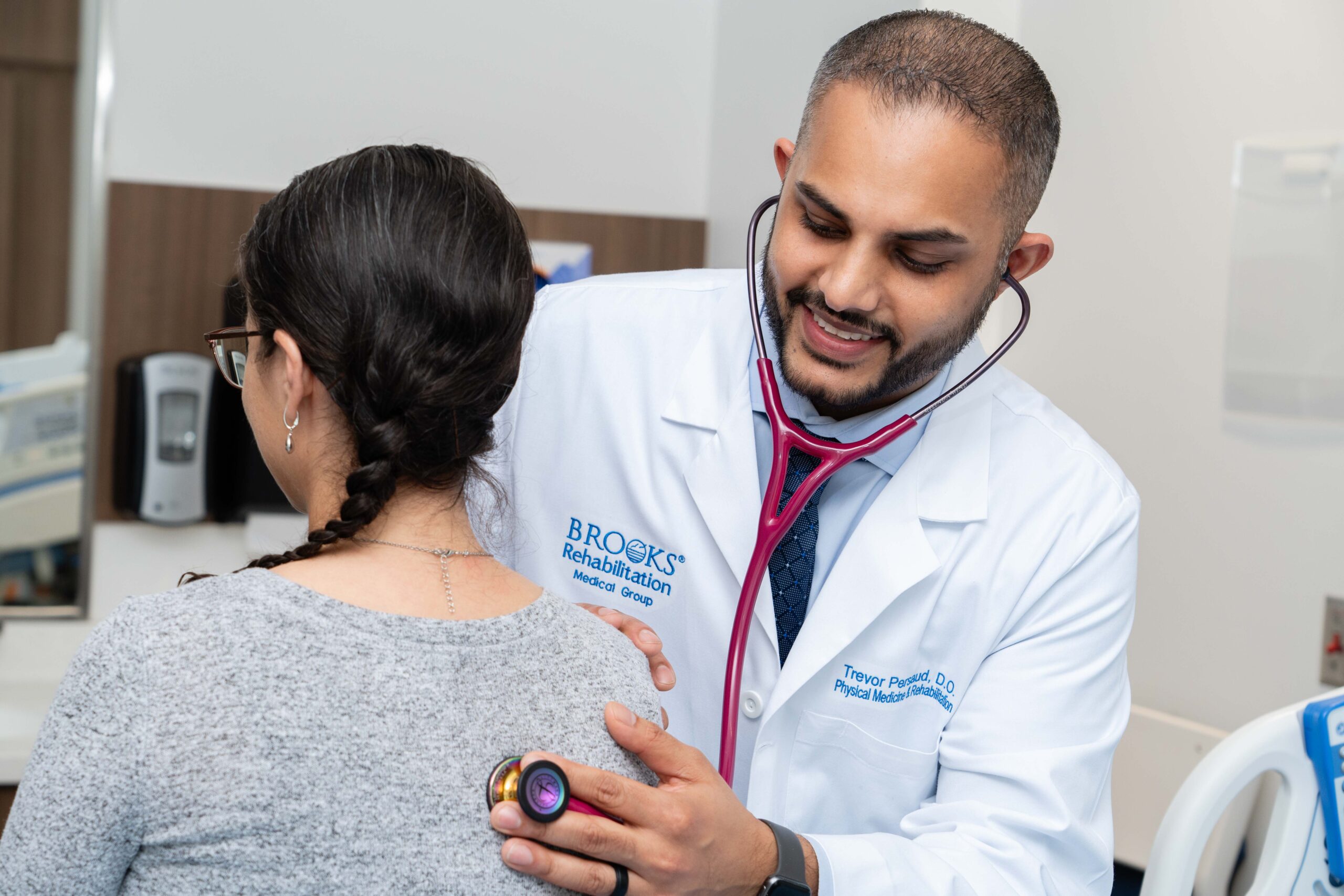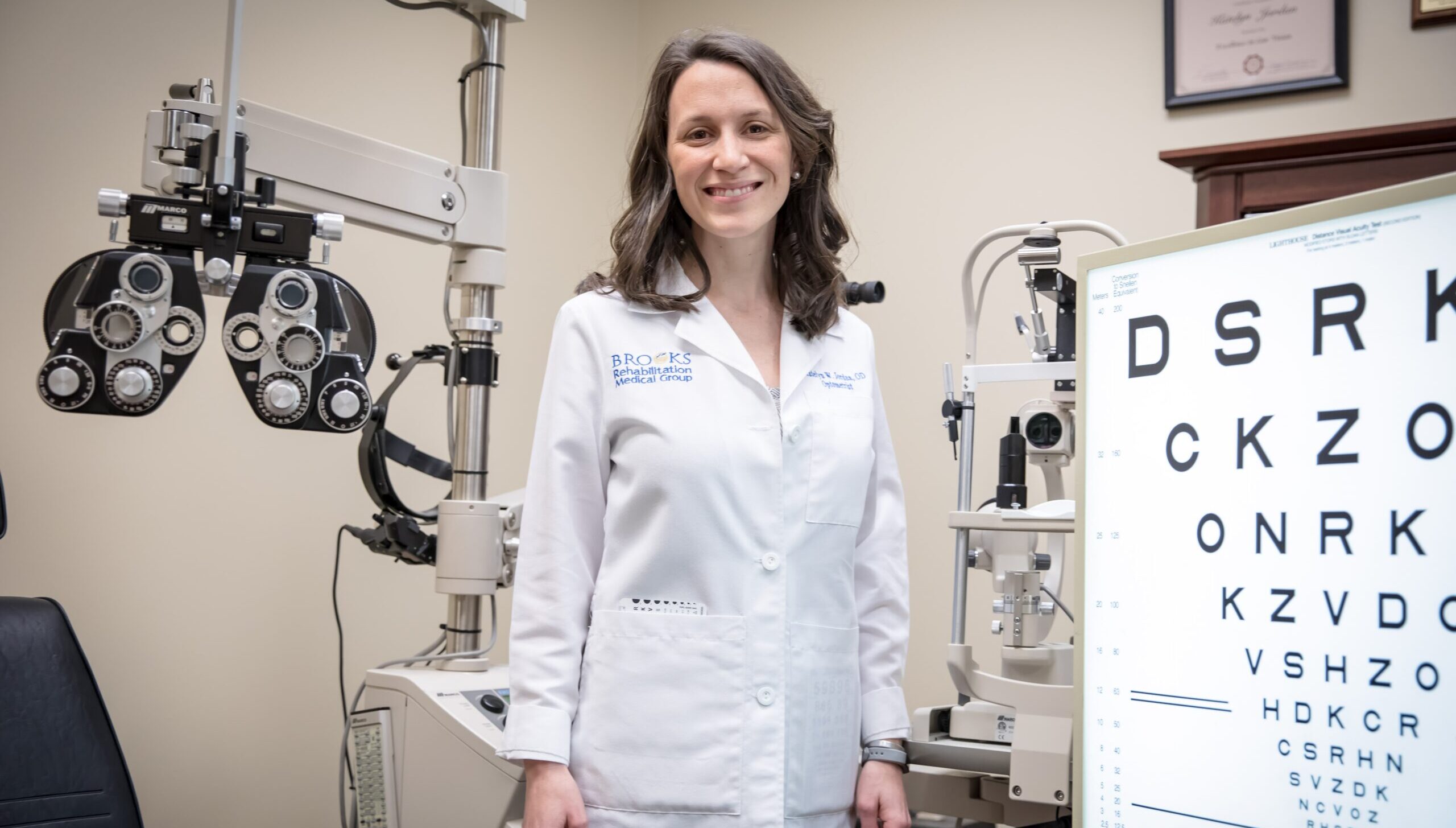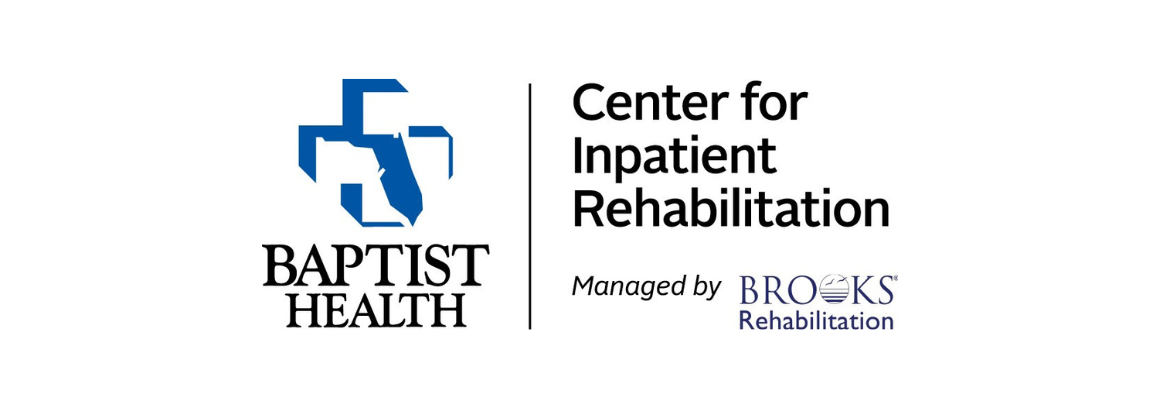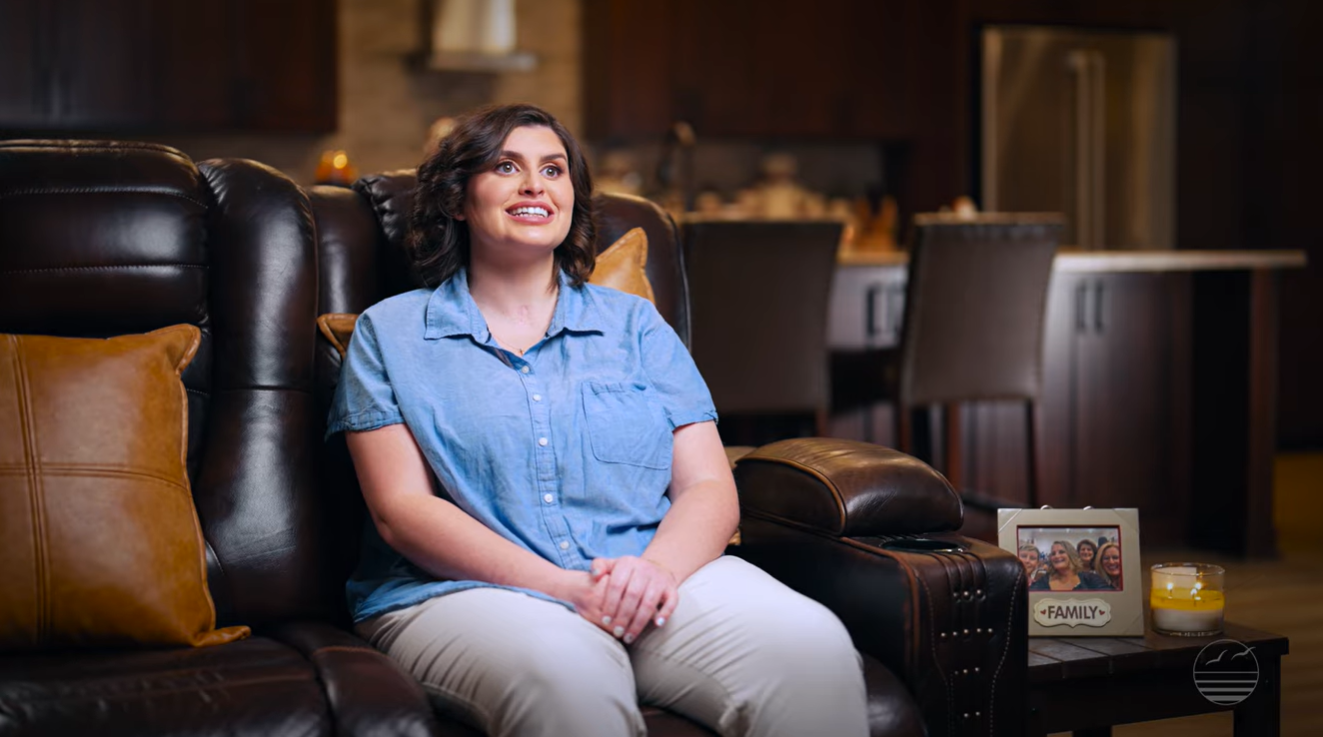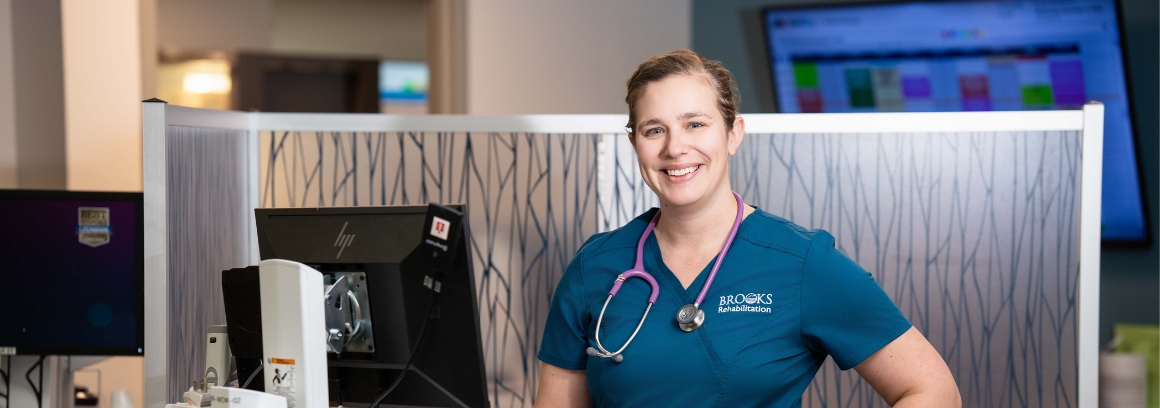Condition Overview
A traumatic brain injury (TBI) happens when there’s a blow to the head that’s so hard it affects brain functioning. TBIs can be mild, with brief periods of confusion or dizziness. More severe injuries may affect memory, thinking and daily life. No matter the severity, our team helps you navigate what comes next.
What Causes Traumatic Brain Injury?
A traumatic brain injury happens when an external force injures the brain. This might result from a blow, jolt or object striking the head with enough force to cause damage.
TBIs are often caused by unexpected events, such as:
- Assaults or violence
- Falls (especially in older adults)
- Military-related injuries or blast exposures
- Motor vehicle accidents
- Sports injuries
What Are the Symptoms of a Traumatic Brain Injury?
Not everyone with a traumatic brain injury loses consciousness. But symptoms can still be serious. Some appear right away, while others develop over time.
They may include:
- Difficulty concentrating
- Dizziness
- Fatigue
- Headaches
- Mood swings or irritability
- Sensitivity to light or sound
- Slurred speech
- Trouble finding words
- Vision changes
How Is Traumatic Brain Injury Treated?
After a TBI, the first steps are ensuring you’re okay and treating any urgent concerns. Mild injuries may only require monitoring and rest. More serious cases can involve emergency care to manage swelling, bleeding or other complications. Doctors may use medications or surgery to relieve pressure on the brain or repair damage.
Long-Term Effects of Traumatic Brain Injury
A traumatic brain injury can lead to ongoing effects that include:
- Challenges with work, school or social relationships
- Changes in mood, including depression or anxiety
- Difficulty with memory or problem-solving
- Fatigue
- Problems with balance or coordination
- Trouble speaking clearly or understanding language
Rehabilitation After TBI
People with moderate to severe brain injuries often need rehabilitation to help relieve long-term effects. Our comprehensive brain injury rehabilitation program has all the services and expertise you may need.
Your personalized recovery plan may include:
- Inpatient rehabilitation, around-the-clock medical oversight, intensive therapy and daily support in our hospital
- Skilled nursing care, if you need additional care after your inpatient stay, we provide 24/7 support in a different facility
- Outpatient therapy, services that optimize physical, cognitive and speech-related abilities
- Home health services, receive skilled therapy and nursing services where you live
- Brain injury day treatment program, full-day structured therapy that bridges outpatient care and independent living
Why Choose Brooks Rehabilitation for Traumatic Brain Injury?
Traumatic brain injury (TBI) recovery can be unpredictable. At Brooks, you’ll always have a consistent team and clear plan guiding you forward. We care for people with the most complex rehabilitation needs and can help you find steady progress, no matter where you’re starting.
Highlights of our program include:
- TBI recovery expertise: Our team understands the many ways TBI can affect you and uses the latest methods to support your recovery. We’re one of the few rehabilitation programs with physicians and therapists specializing in brain injuries. Neuropsychologists assess thinking, memory and behavior to tailor therapies to your cognitive needs.
- Specialized care: After a traumatic brain injury, dizziness and balance issues can make once-simple tasks challenging. Brooks is home to therapists trained in vestibular and balance rehabilitation who help you feel more steady on your feet. They work closely with your care team to identify and treat these challenges as part of your overall recovery.
- Peer support: Our peer mentors understand what life after a brain injury is like because they’ve lived it. They provide encouragement and practical advice for navigating challenges. Their experience shows what recovery can look like after rehabilitation.
FAQs About Traumatic Brain Injury
What’s the difference between inpatient and outpatient rehabilitation for a TBI?
Inpatient rehabilitation at Brooks provides 24/7 medical care and daily therapy in a hospital setting. Outpatient rehabilitation offers continued therapy after discharge while you live at home. Many of our patients receive both as part of a complete recovery plan.
How long does recovery take after a traumatic brain injury?
Recovery looks different for everyone and depends in part on the severity of the injury and the type of support you receive. At Brooks, we tailor rehabilitation services to your needs and adjust therapies as you improve, whether it takes weeks, months or longer.
What therapies are used to treat traumatic brain injury?
Rehabilitation may include physical, occupational and speech therapy, as well as neuropsychological support. Along the way, you’ll also have guidance and encouragement from a team that understands the challenges of recovery. Learn more about our support services.
Request Care at Brooks
At Brooks we treat some of the most complex brain injuries in the nation. Let us join you on your road to recovery.Latest News and Health Resources
Education and guidance to support your recovery
Q&A with Katelyn W. Jordan, OD, FAAO, FNAP
Katelyn W. Jordan, OD, FAAO, FNAP, director of Vision Rehabilitation Services, has been with Brooks for 12 years. Dr. Jordan graduated with her doctor of optometry, Magna Cum Laude,...
